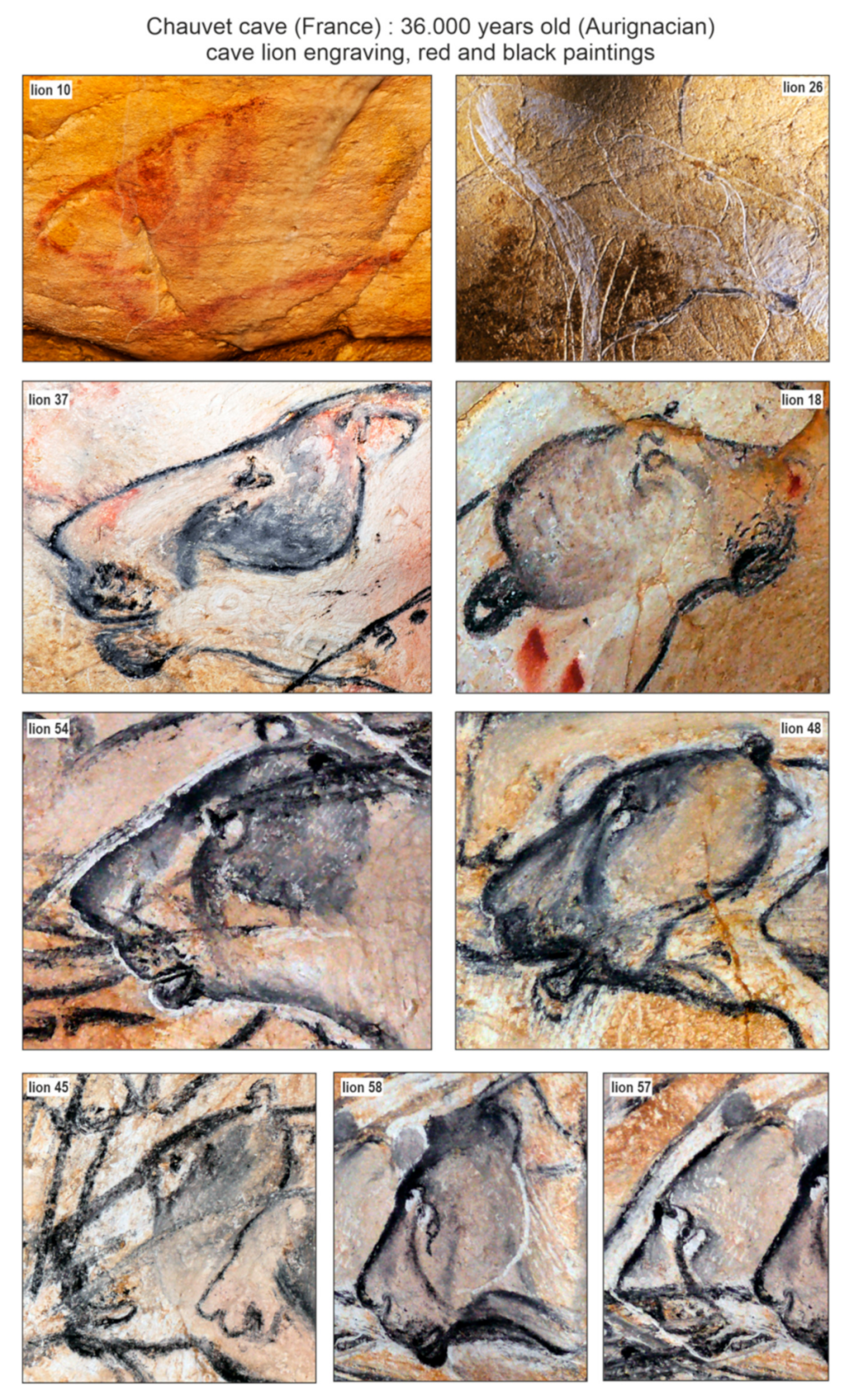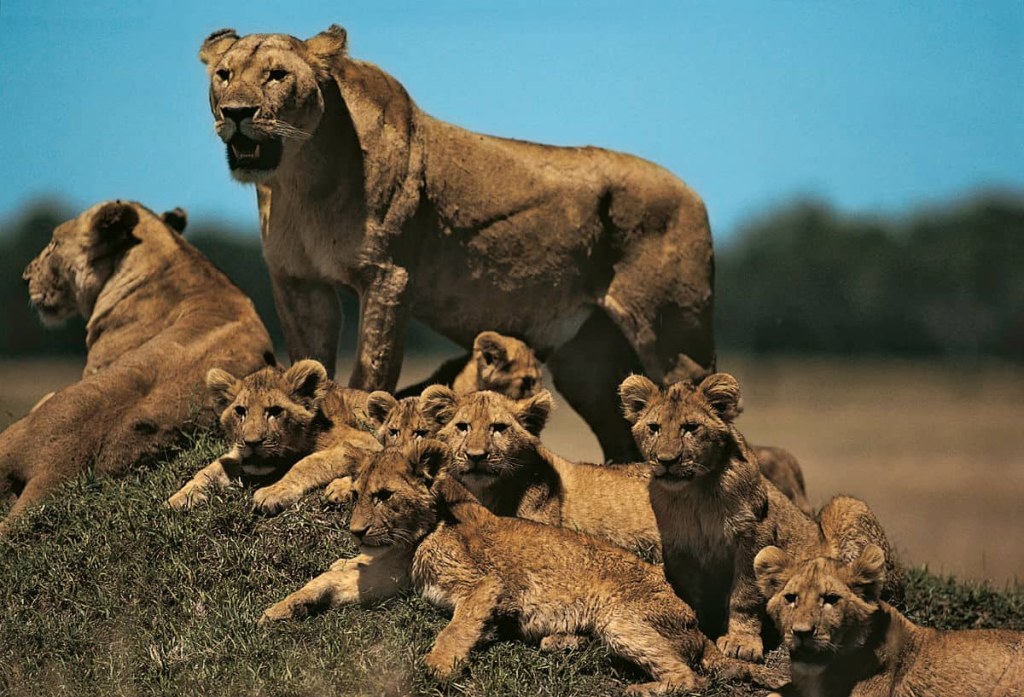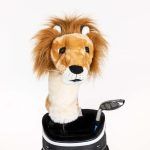Unlocking The Genetic Mystery: Where Do Lion Cubs Get Their Chromosomes?
Where Do Lion Cubs Get Their Chromosomes?
Introduction
2 Picture Gallery: Unlocking The Genetic Mystery: Where Do Lion Cubs Get Their Chromosomes?


Good People,

Image Source: mdpi.com
Welcome to this informative article on the topic of Where Do Lion Cubs Get Their Chromosomes? As avid Lions Enthusiasts, it is fascinating to explore the genetic makeup of these majestic creatures. Chromosomes play a vital role in determining various traits and characteristics in lion cubs. In this article, we will delve into the details of where lion cubs acquire their chromosomes and shed light on the importance of genetics in the animal kingdom.
Overview
Before we dive into the specifics, let’s have a brief overview of chromosomes. Chromosomes are thread-like structures found in the nucleus of every living cell. They contain DNA, which carries the genetic information necessary for the development and functioning of an organism. In the case of lion cubs, their chromosomes are inherited from their parents through a process called sexual reproduction.
The Process of Inheritance

Image Source: lionalert.org
The process of inheritance is fascinating and complex. Lions, like other mammals, have two sets of chromosomes – one set inherited from the mother and one set inherited from the father. Each set consists of multiple pairs of chromosomes. The mother’s egg and the father’s sperm carry one set of chromosomes each, which combine during fertilization to form a unique set of chromosomes in the resulting lion cub.
What Determines the Chromosomes?
Emoji: 🧬
The specific chromosomes a lion cub receives from its parents are determined by chance. Humans have 23 pairs of chromosomes, but lions have 19 pairs. The chromosomes contain genes, which are segments of DNA that determine specific traits. For example, genes on certain chromosomes determine the lion cub’s coat color, size, and even behavior. The combination of chromosomes inherited from both parents contributes to the cub’s overall genetic makeup.
Who Plays a Role in Chromosome Inheritance?
Emoji: 👪
In the process of chromosome inheritance, both the lion cub’s mother and father play a significant role. The mother contributes one set of chromosomes through her eggs, while the father contributes another set through his sperm. This combination of genetic material from both parents creates the diverse characteristics seen in lion cubs.
When Does Chromosome Inheritance Occur?
Emoji: ⏳
Chromosome inheritance occurs during the process of sexual reproduction in lions. Female lions typically enter a stage of ovulation, where their eggs are released and ready for fertilization. Male lions produce sperm throughout their adult lives. When a male lion mates with a female lion during her fertile period, fertilization occurs, and the chromosomes from both parents come together to form the genetic blueprint of the lion cub.
Where Does Chromosome Inheritance Take Place?
Emoji: 🌍
Chromosome inheritance takes place internally within the female lion’s body. After fertilization, the developing lion cub grows and develops inside the mother’s uterus. The chromosomes received from both parents undergo a series of cell divisions and differentiation, leading to the formation of various tissues, organs, and ultimately, a fully formed lion cub.
Why is Chromosome Inheritance Important?
Emoji: 💡
Chromosome inheritance is crucial for the survival and diversity of lion populations. It ensures the transmission of genetic information across generations, maintaining the species’ overall health and adaptability. Genetic variations acquired through chromosome inheritance also play a role in the lion’s ability to adapt to changing environments, resist diseases, and exhibit specific physical and behavioral traits.
How Does Chromosome Inheritance Work?
Emoji: 🔬
The process of chromosome inheritance involves complex cellular mechanisms. During sexual reproduction, the male lion’s sperm containing chromosomes fuses with the female lion’s egg. This fusion forms a zygote, which contains the complete set of chromosomes necessary for the lion cub’s development. The zygote then undergoes cell division and differentiation, leading to the formation of specialized cells and tissues, ultimately resulting in the birth of a lion cub.
Pros and Cons of Chromosome Inheritance
Emoji: 📚
Like any biological process, chromosome inheritance has its advantages and disadvantages. Let’s explore them:
Advantages of Chromosome Inheritance:
1. Genetic Diversity: Chromosome inheritance ensures the introduction of new genetic variations, enabling lions to adapt to changing environments and challenges.
2. Evolutionary Potential: The inheritance of chromosomes allows lions to evolve over time, leading to the development of new traits and characteristics.
3. Disease Resistance: Genetic diversity acquired through chromosome inheritance enhances the lion’s ability to resist diseases and maintain overall health.
Disadvantages of Chromosome Inheritance:
1. Genetic Disorders: Chromosome inheritance can also lead to the transmission of genetic disorders or abnormalities that can negatively impact the health and survival of lion cubs.
2. Limited Gene Pool: Inbreeding and a limited pool of available mates can reduce genetic diversity, increasing the risk of genetic disorders in lion populations.
FAQs (Frequently Asked Questions)
1. Can lion cubs inherit more chromosomes than their parents?
No, lion cubs inherit the same number of chromosomes as their parents. Each parent contributes one set of chromosomes, resulting in the cub having two sets.
2. How long does chromosome inheritance take?
The process of chromosome inheritance occurs during fertilization, which takes place within a relatively short period. However, the development of the lion cub from the fertilized egg to birth takes approximately 110 to 120 days.
3. Can chromosome inheritance be influenced by external factors?
No, chromosome inheritance is a biological process that occurs independently of external factors. It is determined by the genetic material present in the parents’ gametes.
4. Are all lion cubs genetically identical?
No, lion cubs are not genetically identical. Each lion cub inherits a unique combination of chromosomes from its parents, leading to genetic variations and individual differences.
5. Can chromosome inheritance affect the lion cub’s behavior?
Yes, certain genes carried on lion cubs’ chromosomes can influence their behavior. Genetic factors play a role in determining traits such as aggression, sociability, and hunting abilities.
Conclusion
In conclusion, the inheritance of chromosomes plays a crucial role in shaping the genetic makeup of lion cubs. This process occurs during sexual reproduction, where the lion cub inherits one set of chromosomes from each parent. Chromosomes carry genes that determine various physical and behavioral traits in lion cubs. Understanding chromosome inheritance helps us appreciate the importance of genetic diversity in maintaining healthy lion populations. As Lions Enthusiasts, let us continue to explore and protect these magnificent creatures and their fascinating genetic inheritance.
Final Remarks
Good People, we hope this article has provided valuable insights into the topic of Where Do Lion Cubs Get Their Chromosomes? Remember, the information presented here is based on scientific knowledge and research. It is important to continue learning and staying updated on the latest discoveries in the field of genetics. Let’s work together to ensure the preservation of these incredible animals for generations to come. Lions Enthusiast, let us roar for the future of lions!
This post topic: Lions



